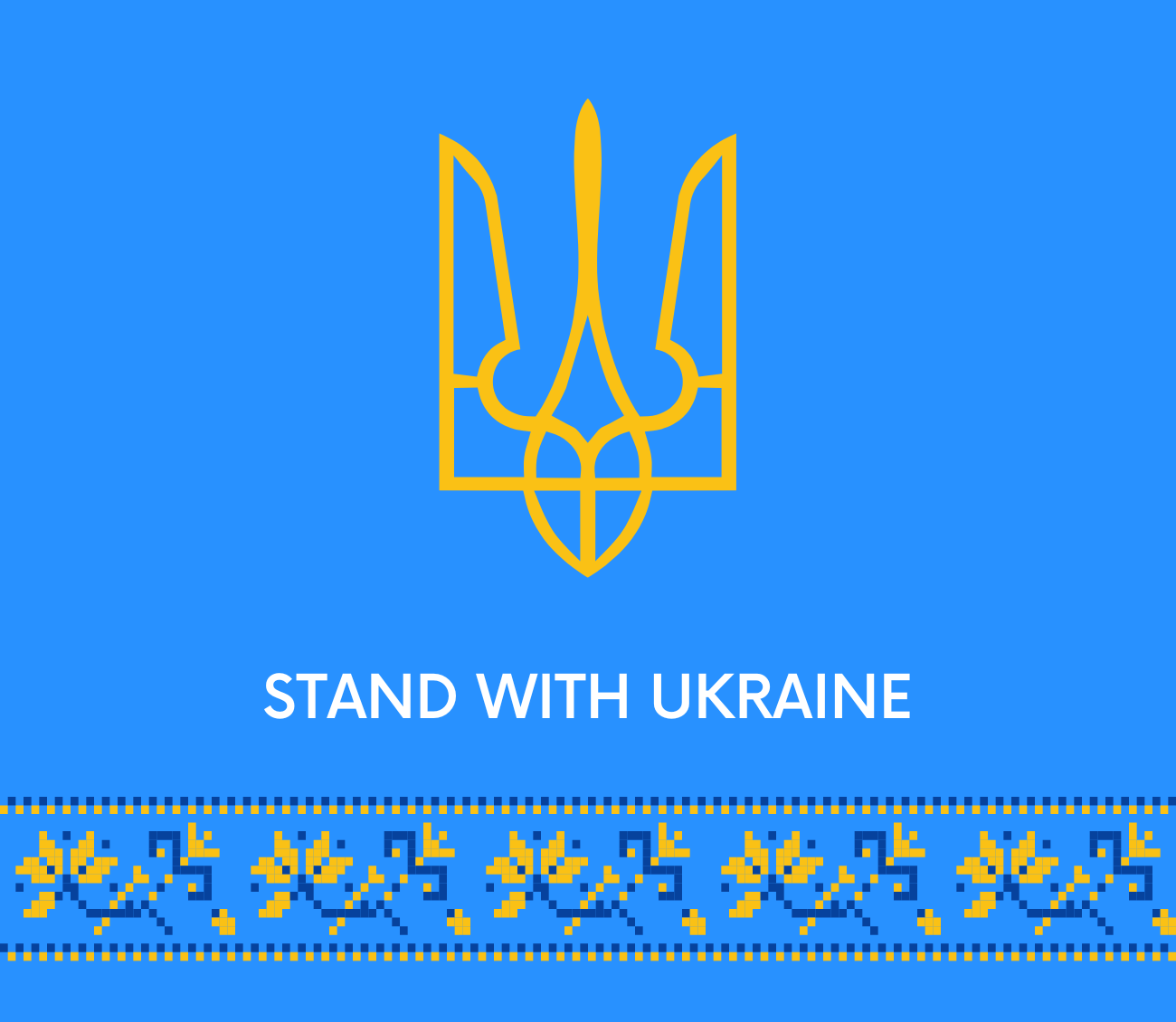From the beginning of the Russian war against Ukraine, WINS has raised serious concerns about its ongoing impact on nuclear security. We know you share our concerns. We are particularly worried about the lives of all those working in the nuclear facilities in Ukraine. We are moved by the solidarity that WINS members have shown with their peers in Ukraine.
WINS’ position remains firmly in accordance with the principles underlying the international framework that supports nuclear security. International law, civility and cooperation among States form the basic foundations for ensuring effective nuclear security—globally and locally. When the Russian Federation works against all principles of international law, including those that support nuclear security, then it is quite clear where WINS must position itself. We see it as our duty to share information with all of our members in 145 States. We encourage each of you to raise awareness and generate debate about what is going on.
A major radiological incident that is caused by military aggression will have very far-reaching consequences for the peaceful uses of nuclear energy and the continued application of nuclear technology for the benefit of all. Nuclear security has always been an assurance of the peaceful use of these technologies, and its significance and the consequences of the violation of those principles have never been starker than today.
It is important to understand the current status in Ukraine, and WINS tries to stay informed even if the current situation makes it hard to have updated and fact-checked information readily available:
- Russia occupied the Chornobyl exclusion zone in the early stages of the war with serious consequences for the zone and its technical facilities, including the theft of a large number of radioactive sources.
- A large number of security personnel at Chornobyl are missing, feared dead or imprisoned in unknown locations.
- Russia sent experts to the Chornobyl site to assist in the military occupation. The Russian experts from Rosatom organisations had previously been cooperation partners and counterparts for the Chornobyl Exclusion Zone. This fact severely threatens the principles for peaceful cooperation in nuclear safety, security, safeguards and radiation protection.
- Several Russian military attacks have struck targets within nuclear sites and directly and indirectly struck facilities for use and storage of radioactive materials.
- Missiles fired from Belarus and Russian territories have flown over a number of Ukrainian nuclear power plants.
- Russian military forces have shelled the Zaporizhzhia nuclear power plant (ZNPP) in order to destroy its infrastructure, disconnect the plant from the energy supply system of Ukraine, cut off electricity in the south of Ukraine and connect it to the Crimean electrical substation Dzhankoy.
- The Ukrainian staff at the ZNPP continue to suffer serious injuries due to Russian military shelling of the ZNPP and the adjacent town, Energodar.
- Russian shells have landed near the dry storage facility for spent nuclear fuel. In the dry storage there are 174 containers, each of which contains 24 stacks of spent nuclear fuel.
- Around 500 Russian soldiers have been at the ZNPP site since it was occupied, together with heavy military equipment. The Russian soldiers were concealed in the bunkers of the station’s crisis centre and technical support centre when the ZNPP was shelled.
- The ZNPP is currently being managed by personnel from Rosatom.
- The Russian military have also fired near and at the Energodar water intake.
- There is also credible information that the Russian military placed military equipment, explosives and weapons in the engine room of power units 1 and 2 of the NPP.
WINS has a duty to bring this situation to the attention of its members.
The Russian Federation is a Permanent Member of the United Nations Security Council and has responsibilities for international peace and security. It is also a recognised Nuclear Weapons State under the Non-Proliferation Treaty. It occupies a permanent seat on the IAEA’s Board of Governors. It is a signatory to the main international instruments that govern nuclear safety and security.
WINS is a forum for discussion and consideration of what can be done by the organs with the powers and responsibility to act. We encourage you to share your perspectives with us. It is our hope that together we can formulate perspectives and ideas that can serve as contributions to stabilisation and resolution of this alarming situation. For an additional perspective, we recommend Mark Hibbs’ article Make the IAEA Mission to ZNPP Happen.
The government of Ukraine has called for a security mission of peacekeepers to urgently be provided to the ZNPP. WINS supports this as well as all other steps based on international law and respect for the integrity of the Ukrainian State so that Ukraine and its institutions can ensure security is restored at the ZNPP. WINS is open and willing to collaborate in any capacity to ensure and strengthen nuclear security in Ukraine.
